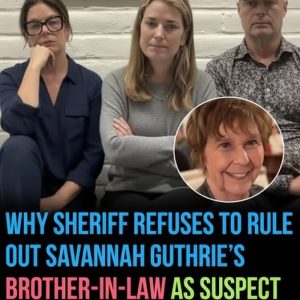The U.S. Supreme Court has delivered a major setback to California’s climate policies in a 7-2 decision that allows energy producers to move forward with a lawsuit against the Environmental Protection Agency (EPA). The case targets California’s aggressive push to phase out gas-powered vehicles by 2035 under Governor Gavin Newsom’s carbon neutrality plan. The court’s ruling asserts that California’s mandates may be unlawful and that affected fuel producers have the right to challenge them in court.
Justice Brett Kavanaugh, writing for the majority, stated that federal agencies like the EPA cannot shield controversial regulations from legal scrutiny. He noted that the EPA’s legal stance has shifted over time, weakening its defense of California’s rules. According to Kavanaugh, California’s policies effectively compel automakers to produce more electric vehicles and limit greenhouse gas emissions from new vehicles, all under questionable statutory authority.
The lawsuit stems from California’s 2012 request for EPA approval of its climate regulations. The American Fuel & Petrochemical Manufacturers, led by Chet Thompson, is spearheading the legal challenge. Thompson praised the decision, arguing that Congress never granted California the power to impose such sweeping environmental mandates and that these policies are both unlawful and harmful to the national economy.
This Supreme Court decision follows another legal blow to California. The Ninth Circuit Court of Appeals overruled a lower court and sided with President Donald Trump, allowing him to retain control of the California National Guard. The Guard had been deployed in Los Angeles to protect federal assets and assist Immigration and Customs Enforcement agents during civil unrest.
U.S. District Judge Charles Breyer had previously ruled that Trump’s federalization of the Guard was unconstitutional under the Tenth Amendment. However, the appeals court issued a stay on that ruling, allowing Trump’s actions to stand for now.
President Trump celebrated both legal victories, viewing them as triumphs over what he calls radical overreach by California officials.





